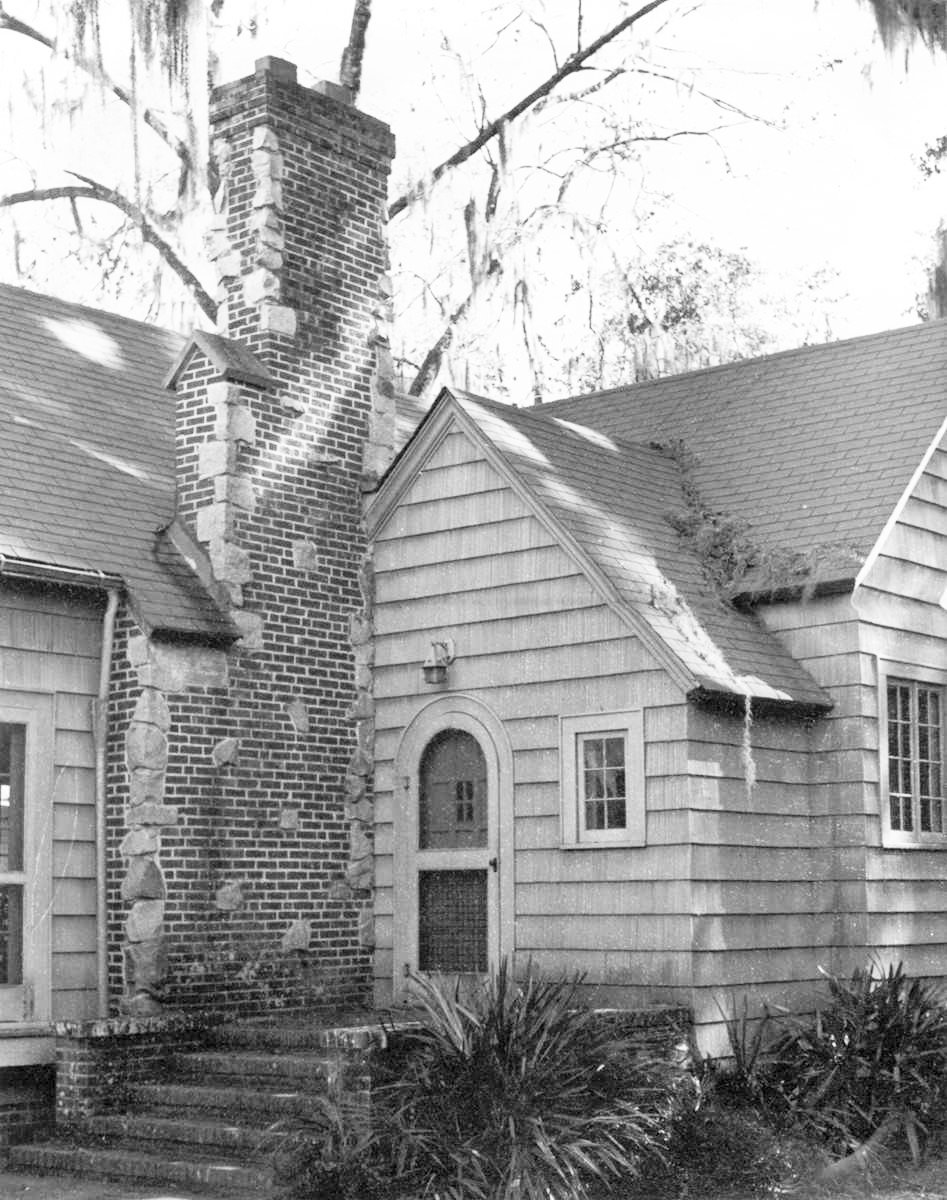Women made a difference in the fight to pull hope from the jaws of ruin
On Feb. 28, 1930, The Woman’s Club of Orange Park held a posh reception, dedicated their clubhouse and invited all the movers and shakers they could find. And they were having a party.
It was …
This item is available in full to subscribers.
Attention subscribers
To continue reading, you will need to either log in to your subscriber account, or purchase a new subscription.
If you are a current print subscriber, you can set up a free website account and connect your subscription to it by clicking here.
If you are a digital subscriber with an active, online-only subscription then you already have an account here. Just reset your password if you've not yet logged in to your account on this new site.
Otherwise, click here to view your options for subscribing.
Please log in to continueDon't have an ID?Print subscribersIf you're a print subscriber, but do not yet have an online account, click here to create one. Non-subscribersClick here to see your options for subscribing. Single day passYou also have the option of purchasing 24 hours of access, for $1.00. Click here to purchase a single day pass. |
Women made a difference in the fight to pull hope from the jaws of ruin
On Feb. 28, 1930, The Woman’s Club of Orange Park held a posh reception, dedicated their clubhouse and invited all the movers and shakers they could find. And they were having a party.
It was just four months after, the New York Stock Exchange crashed, and headlines screamed of bankruptcies, the stock market crash and grown men jumping out of tall buildings. Most locals just shook their heads because economic times had been bad in north Florida for some time and they just figured things couldn’t get much worse.
The turn of the century had brought with it the slowdown in tourist traffic, disappearance of citrus culture profits and vast winter mansions empty and slipping into decay or erupting into flames. Whole families simply packed up and went home to live with relatives. But this group of women saw it as an opportunity to remind state officeholders, business people and investors that Orange Park was a cultured, economical and resourceful community.
They put on an impressive do and by evening exhausted townsfolk were packing up to head home feeling proud of themselves and their neighbors, and their town.
For a while, locals thought the depression, as newspapers began calling it, wouldn’t affect the area because it had never been wealthy or heavily industrialized. There was the general belief that their regular lives were bad enough already. They were wrong; things could and did get worse.
Most people had livestock and gardens and could put food on the table, but taxes have to be paid with cash. The Council voted to waive all interest on back taxes and reduced them by 10 percent.
The town sold wood from the roadsides for firewood in Jacksonville and sold moss to the factory on Doctor’s Lake Dr. The Woman’s Club had a raffle to pay for a pauper burial.
The town built a room onto the Town Hall and the Woman’s Club provided a stove so that all could have a public canning kitchen. If it grew in Orange Park and was even remotely edible, women either canned it or dried it or made sure someone who needed it ate it right then. Nothing spoiled or went bad.
The club members worked year-round canning soliciting vegetables and recruiting volunteers to provide a free hot lunch to kids at the school and keep generous canned supplies available to families in severe need. They established a schedule to supervise and assist in the use of the kitchen.
Moosehaven, a retirement community for the Loyal Order of Moose requested the club’s assistance in giving every child in Orange Park a birthday party. So, every month they opened their solarium for all the town’s younger children. The club provided ice-cream, singing, supervision and entertainment and the children born that month received a special serenade. There are adults in Orange Park who remember with a smile eating ice-cream in the Glass House.
It would be the late 1930s and the military buildup prior to World War II before Orange Park began to recover. But they would come out of it strong and confident not beaten or broken. They were ready to face new challenges and seize new opportunities because they had done it before.








